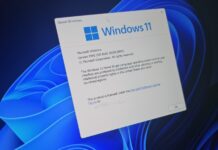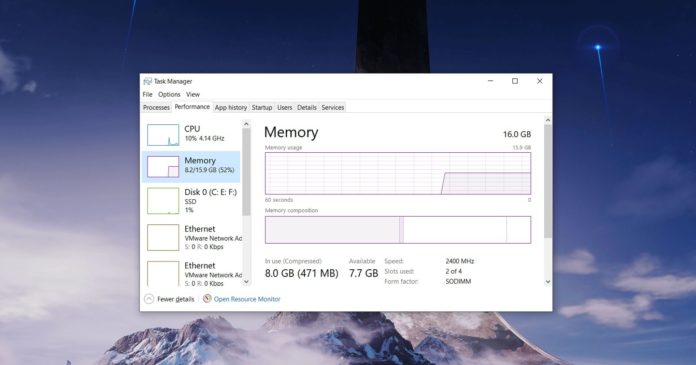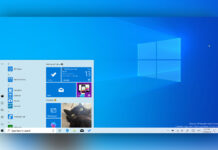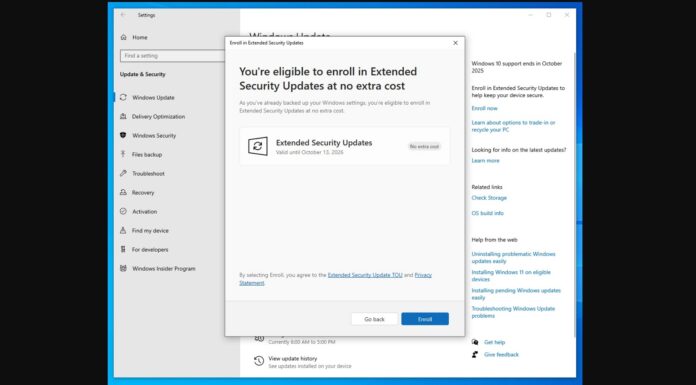Google has been trying to reduce memory usage of Chrome on Windows 10 and Chrome 87 was recently shipped with performance upgrade.
Unfortunately, Chrome still eats up a lot of RAM, but Google now claims that it’s working on another very useful change that should reduce memory usage and hopefully end its reputation as a RAM-hogging browser.
Chrome engineers are working on ‘PartitionAlloc FastMalloc’ to keep the worst-case active memory usage less than 10% for certain processes. In other words, Google will get better at RAM management and caching to improve the overall performance of the browser.
Google was originally planning to use Windows 10’s new feature called ‘SegmentHeap’, which is a modern heap implementation with memory improvements to reduce app’s overall RAM usage.
Microsoft claimed that it observed a substantial 27% reduction in memory usage of Chromium-based Edge after using Segment Heap and Google also confirmed that it’s willing to adopt it for Chrome.
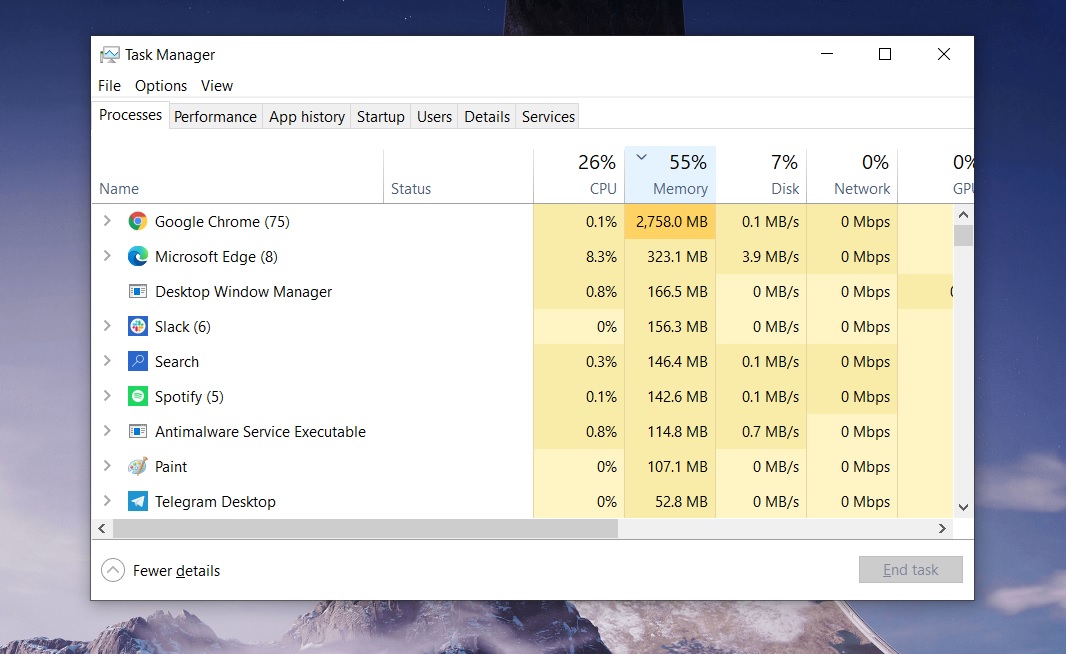
It now seems like Google has completely given up on ‘SegmentHeap’ feature because Microsoft is unable to offer “control over heap types”. Without control over heap types in Windows 10, Google says it’s not able to enable the segment heap for just some processes or just some heaps or both.
Segment Heap is also causing “performance regression” in CPU-intensive processes, and Google has abandoned the project.
As we mentioned above, Google is now planning to use a new function called PartitionAlloc FastMalloc instead of Segment heap.
This feature is basically a memory allocator to improve the browser’s security and performance at the same time.
Google will improve the browser cache by enabling dedicated partitions. When PartitionAlloc is enabled, the number of operations in Chrome will be optimized and it’s also designed to be extremely fast when allocating resources.
According to a commit, Google has already enabled this feature in Chrome Canary and it could be released to users next year.
In a Github post, Microsoft noted that they’re also making improvements to Segment Heap to address performance concerns. These improvements will benefit all browsers and Microsoft will backport the improved version of Segment Heap to older versions of Windows 10 via monthly cumulative updates.


